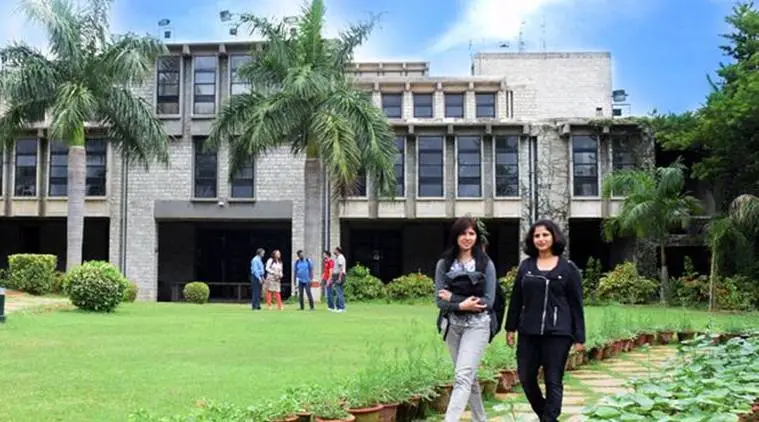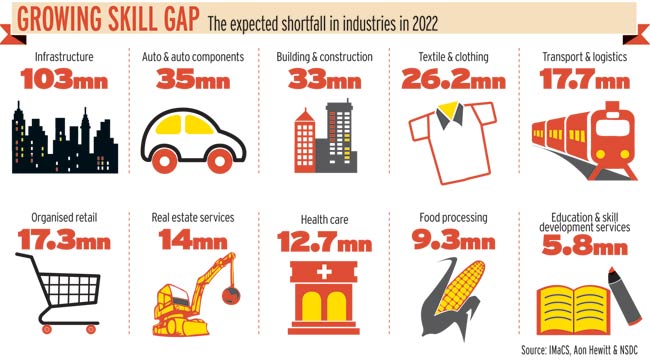Vocational Education in Regional Languages: Empowering Local Talent with Opportunities and Challenges
Vocational education in regional languages presents a promising opportunity to improve learning outcomes and foster inclusivity. Offering education in students’ mother tongue can significantly enhance comprehension and retention.
Research shows that learners grasp complex concepts more effectively when taught in familiar languages, leading to better academic performance and vocational skills.
One of the key benefits of vocational education in regional languages is accessibility. By removing language barriers, this model opens doors for students from rural areas and non-English speaking backgrounds. This approach makes vocational training more inclusive, ensuring that students across India can pursue their career goals without the disadvantage of navigating unfamiliar languages.
Moreover, learning in one’s mother tongue helps preserve cultural relevance and identity. It aligns education with local traditions and knowledge, fostering a sense of pride and belonging among students. For example, integrating ancient Indian wisdom into vocational studies, such as astronomy or architecture, enhances the educational experience and promotes cultural continuity.
However, implementing vocational education in regional languages also poses challenges. A major obstacle is the shortage of qualified teachers proficient in both vocational subjects and regional languages. This requires strategic efforts in teacher training and recruitment. Additionally, developing high-quality resources, such as textbooks and lab manuals in multiple languages, demands significant investment.
Standardization is another challenge, as ensuring consistency across regional languages can lead to variations in terminology and understanding. Students educated solely in regional languages may also face difficulties when transitioning to higher studies or global job markets, where proficiency in English is essential.
Despite these challenges, the rise of translation tools has made overcoming resource limitations more feasible. If addressed properly, vocational education in regional languages can empower students, offering them the skills they need to succeed, while preserving their cultural identity.






